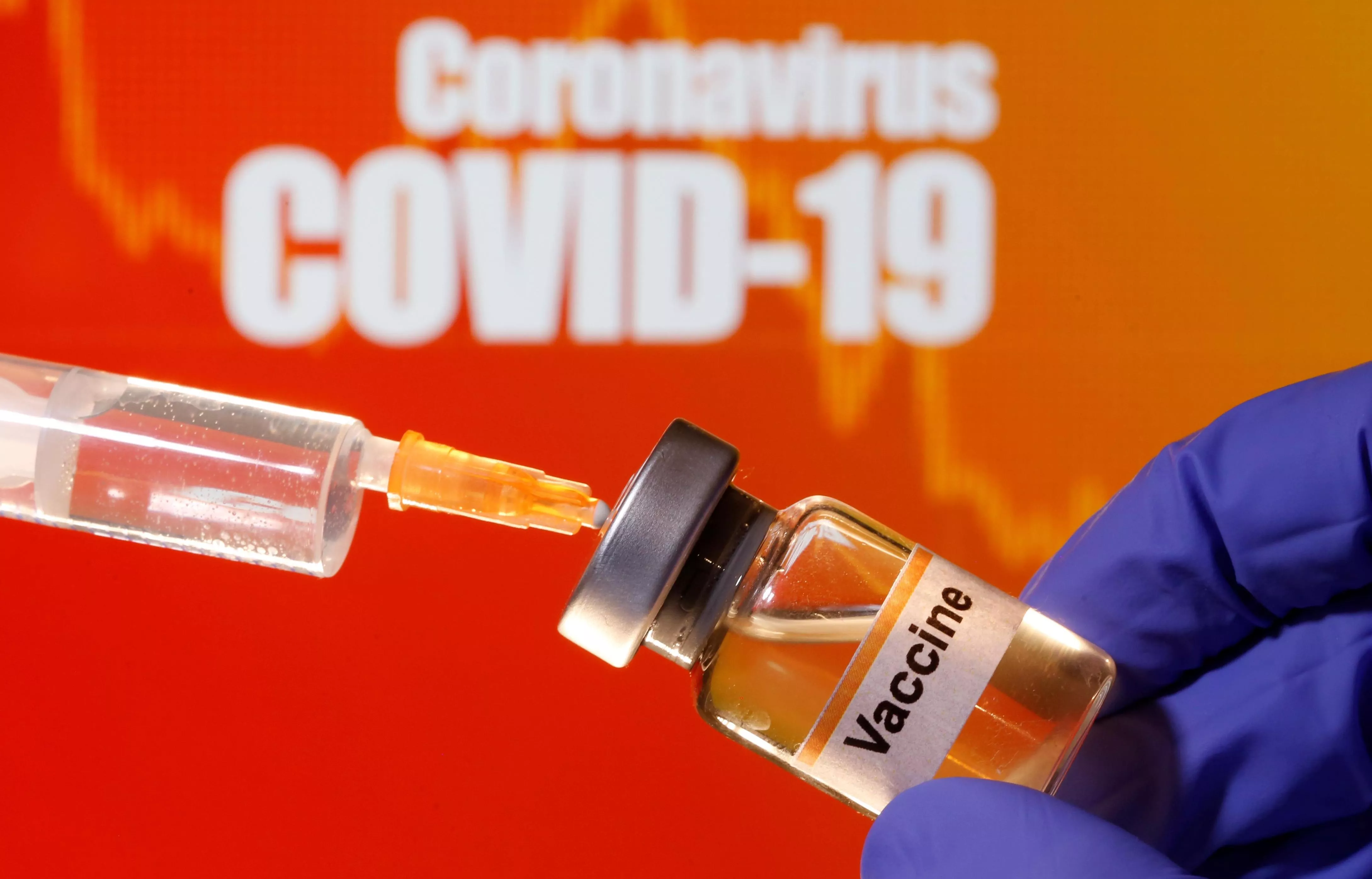Covid-19 vaccine trials give hope
If everything goes well, vaccine could be developed by year’s end, says Turkish expert
ANKARA:The results of two phase Covid-19 vaccine trials published earlier this week are very encouraging and promising, according to a Turkish medical expert.
“While vaccination studies continue intensely with great expectations and hopes, the promising results obtained in the early phase studies related to the two studies were published in the prestigious scientific journal The Lancet,” Dr. Atila Taner Kalaycioglu told Anadolu Agency.
“If everything goes well in Phase III trials, such as Phase I and II, at best, we can get a coronavirus vaccine by the end of the year or in the first months of 2021,” said the Faculty of Pharmacy lecturer at Karadeniz Technical University.
Kalaycioglu said amid the pandemic, researchers are working as fast as they can to develop vaccine.
“The situation is not hopeless. Now the best measure against the virus is not to encounter it. We have powerful weapons. Now we know the virus and its behaviors, but developing a vaccine could not always be an easy thing,“ said Kalaycioglu.
During the swine flu pandemic in 2009, developing a vaccine lasted six months despite the fact that developing a flu vaccine is not difficult, he said.
According to the World Health Organization (WHO), currently, there is no vaccine to prevent the coronavirus. There are 142 candidate vaccines in preclinical evaluation and 24 in clinical evaluation.
The two vaccine studies were made by the Oxford University with support from AstraZeneca, and Chinese vaccine company CanSino Biologics.
Findings by Oxford-AstraZeneca showed the adenovirus vector vaccine candidate is safe and induces an immune response to combat COVID-19.
A total of 1,077 people, aged 18 - 55, with no history of coronavirus infection were involved in Phase I and two trial of the study. Subjects developed neutralizing antibodies and T-cells that could fight the virus, according to published results in The Lancet.
CanSino Biologics used a similar adenovirus vector approach for developing its vaccine and revealed data suggesting similar outcomes in a Phase II study.
“Both report local and systemic mild adverse events such as fever, fatigue, and injection site pain. In neither trial was a severe adverse event reported,” according to The Lancet.
“Overall, the results of both trials are broadly similar and promising, notwithstanding differences in the vector, in the geographical locations of the populations studied, and the neutralisation assays used,” the Journal added.
The results have persuaded researchers to continue to Phase III, Kalaycioglu said.
“Clinical development is a three-phase process. During Phase I, small groups of people receive the trial vaccine. In Phase II, the clinical study is expanded and vaccine is given to people who have characteristics (such as age and physical health) similar to those for whom the new vaccine is intended. In Phase III, the vaccine is given to thousands of people and tested for efficacy and safety,” according to the US Center for Disease Control and Prevention (CDC).
“Many vaccines undergo Phase IV formal, ongoing studies after the vaccine is approved and licensed,” CDC added.
Additionally, Kalaycioglu said: “in both studies, the adenoviral vector platform, which is an innovative and effective vaccine development tool, was used to develop a vaccine amid the Covid-19 pandemic. Adenoviral vector platform attracts the attention of researchers due to its potential to stimulate the development of natural, humoral and cellular immune response.”
“This platform only got the European Commission regulatory licensure for the Ebola vaccine on July 1, 2020,” he added.
At least six months protection
Kalaycioglu estimates if everything goes well and a vaccine is developed, it could provide at least six months protection.
He said there are studies which released positive data on early-stage coronavirus vaccine trials such as the Moderna company’s vaccine candidate, “mRNA-1273.”
“In our country, studies on coronavirus vaccine are carried out in prestigious universities. Maybe a safe and effective vaccine will be produced in Turkey,” he said.
After developing a vaccine, it should be distributed across the world equally and justly, so, while currently working on vaccines, preparations should be made in the production of enough vaccines to be sent to the world and to places that need it, he said.
Since first appearing in Wuhan, China last December, the novel coronavirus has spread to at least 188 countries and regions.
More than 15.7 million people have been infected globally, with excess of 639,000 deaths, including 8.7 million recoveries, according to figures compiled by US-based Johns Hopkins University.


COMMENTS
Comments are moderated and generally will be posted if they are on-topic and not abusive.
For more information, please see our Comments FAQ